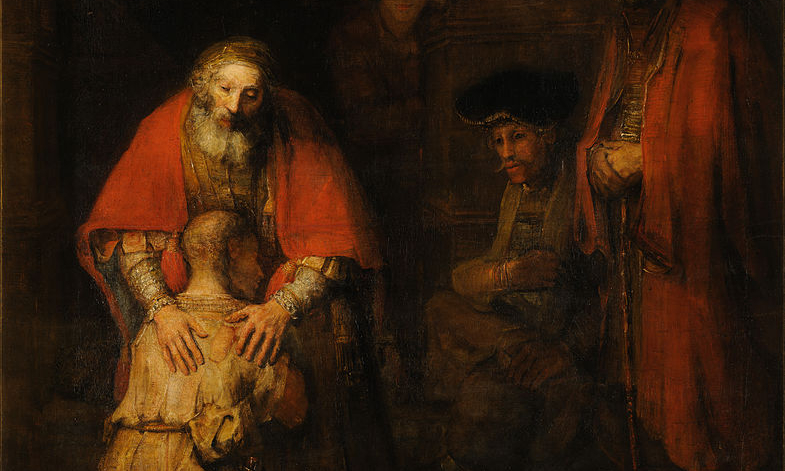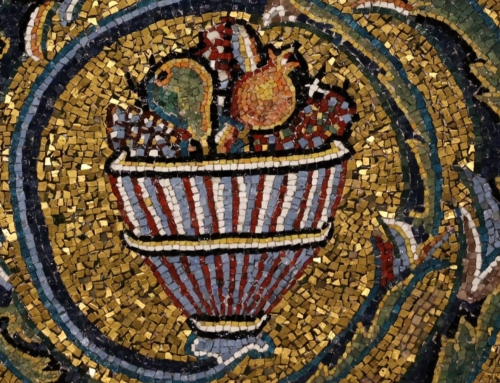“I’m not angry, I’m just disappointed.”
If you’ve ever stolen a cookie from the cookie jar and subsequently gotten caught, you’ve likely heard these words from your parents. And boy does it hurt to hear that. More than if your parents had blown up and yelled at you and grounded you for weeks on end. More than if they gave you the cold shoulder. These words cut right to the heart. Why is that?
Maybe it’s because if you’re on the receiving end of an angry outburst, you can write them off as overreacting. Or maybe it’s because if they give you the cold shoulder, you can convince yourself that they’re the ones misbehaving. But the truth is that these words hurt because they say what the angry outburst or the cold shoulder does not: “I love you.”
Their disappointment reflects how much better they know you can be. And they know this because they love you. They love you too much to be angry. They simply want what’s best for you. And they probably know what’s best for you much better than you know what’s best for yourself. And if this is true of your parents here on earth, how much more true is it of God, our Father in heaven?
But what is it about this disappointment that makes us change our ways? Why is it that “I’m not angry, I’m just disappointed,” is more effective than a shouting match, or silence on the other end? Because when we know how much we are loved, we are inspired to love right back. “We love, because he first loved us” (1 Jn 4:19). It changes our motivations. We begin to fear disappointing the one who loves us more than we fear the punishment that our actions may incur. We begin to act in a way that, we hope, lives up to the expectations of the one who loves us.
We all grow up wanting our parents to be proud of us, to be proud to tell people we are their child. And, likewise, we all want to be proud to tell people who our parents are. And stealing from the cookie jar damages that desire, that relationship. So it is with God. We strive to live a life in which we don’t disappoint our Father, in which we love as he loves. And in so doing, we tell people about our Father, about how much he loves us. So much so that he gave his only Son for us—and that’s some Good News worth sharing.
✠
Image: Rembrandt, The Return of the Prodigal Son







